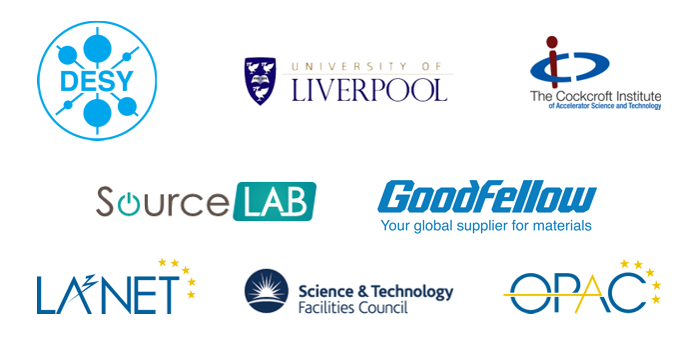Quantum Leap towards the Next Generation of Accelerators
Arena and Convention Centre Liverpool
A new technology has emerged that may reduce dramatically the size and cost of particle accelerators, facilitating the access of hospitals and universities to these tools and multiplying its applications.
Plasma accelerators, using high-power laser or electron beams, can generate several billion volts of electricity in a gas cell, accelerating electrons to near the speed of light in just a few millimetres.
Whether you are a scientist, a manufacturer, or a student, you can now be part of the future of particle accelerators.
World-renowned scientists will present research highlights on the next generation of accelerators and their enormous impact on science and society.
They will be joined by scientists from the EuPRAXIA network and relevant industries who will present their innovations and share their fascination for science.
Live streamed talks will be made available to participants from around the world.
Due to high demand we are extending the registration deadline to 15th June 2018.
The symposium is sponsored by:


